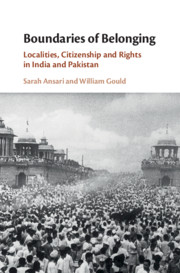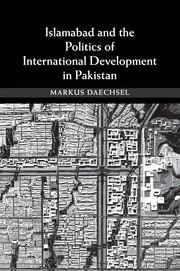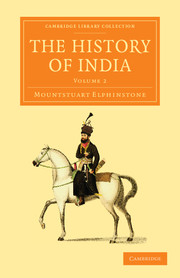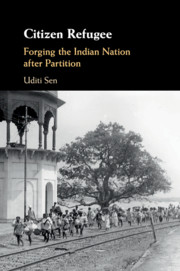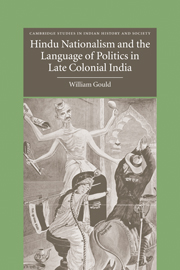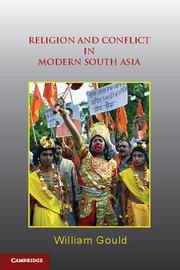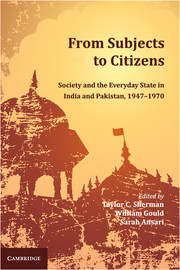Boundaries of Belonging
The 1947 Partition had a major impact on issues of citizenship and rights in India and Pakistan in the decades that followed. Boundaries of Belonging shows how citizenship evolves at a time of political transition and what this meant for ordinary people, by directing attention away from South Asia's Partition 'hotspots' - Bengal and Punjab - to Partition's 'hinterlands' of Uttar Pradesh and Sindh. The analysis, based on rich archival research and fieldwork, brings out commonalities, differences, and the mutual co-construction of the 'citizen' in both places. It also reveals the way in which developments across the border, such as communal violence, could directly impact on minority rights in its neighbour. Questioning stereotypes of an increasingly 'authoritarian' Pakistan and 'democratic' India, Sarah Ansari and William Gould make a major contribution to recent scholarship that suggests the differences between India and Pakistan are overstated.
- Explores the longer-term consequences of the 1947 Partition for India and Pakistan
- One of very few studies that explore this critical phase of Indian and Pakistani history in the same frame
- Investigates notions of citizenship in India and Pakistan from a popular perspective
Reviews & endorsements
‘Boundaries of Belonging is an engaging and authoritative study which deserves a wide readership. It addresses everyday meanings of citizenship in the UP and Sindh 'hinterlands' of India's 1947 Partition. The book provides important insights into the common challenges facing India and Pakistan with respect to claims of entitlement to citizenship.’ Ian Talbot, University of Southampton
‘This book is a major new addition to the growing literature on the idea of citizenship in the postcolonial world. Ansari and Gould have woven a narrative that brings to life political processes and lived social experiences of transitions from colonial subjecthood to republican modes of citizenship, describing in this process what it meant for people to identify as citizens and notions of belonging to the nation-state.’ Ali Usman Qasmi, Lahore University of Management Sciences
'The thematically organized chapters innovatively highlight both nations’ marginalized groups, including women, landless agricultural laborers, and their respective religious minorities.' M. H. Fisher, Choice
Product details
October 2022Paperback
9781316647172
334 pages
227 × 152 × 19 mm
0.49kg
15 b/w illus. 3 maps
Available
Table of Contents
- Introduction
- 1. 'Performing the State' in post-1947 India and Pakistan
- 2. People on the move: refugees and minorities in UP and Sindh
- 3. Citizens and the city: from people on the move to the movement of goods
- 4. New constitutions, new citizens
- 5. Women and differentiated citizenship in post-colonial South Asia
- 6. 'Hidden citizens' in 1940s and 50s India and Pakistan
- Epilogue and conclusion.

